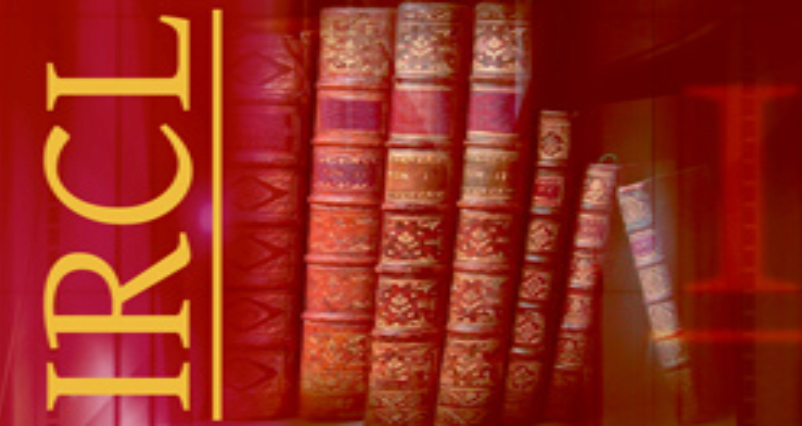
Decentred Cartari: Images of the Gods in Early Modern Europe/ Cartari décentré : les Images des dieux dans l’Europe de la première modernité (XVIe-XVIIIe siècles)
International conference organized by
Rachel Darmon, Associate Professor in 16th-century French literature at the Université Paul Valéry-Montpellier 3 – IRCL, CNRS,
and Jan Blanc, professor of early modern art history (15th-18th centuries) at the Université de Genève.
Université Paul Valéry-Montpellier
01st June 2023 to 02nd June 2023
Vincenzo Cartari’s Imagini de i Dei, which was published in Venice in 1556, provides painters and poets with descriptions and interpretations of the ancient pagan gods handed down by the mythographic tradition. The work was immensely successful, with more than thirty-two editions, translations and adaptations published and circulated throughout Europe until the 18th century. It provides first-rate evidence of the ways in which readers and spectators, artists and patrons, understood the pagan gods of Antiquity. It enables us to invest them with the meanings – and, occasionally, counter-meanings – with which they were endowed at the time, without projecting anachronistically onto them our own perception of myth.
Until now, critics have been mainly interested in Cartari’s text in its original language, Italian. Our conference, “Cartari decentred: Images of the gods in early modern Europe”, proposes to shift the focus by considering the numerous editions, adaptations and translations of Cartari outside Italy, their sets of engravings and the ways in which texts and images interact with the cultural productions of the various geographic-linguistic areas.
An international conference will be held in Montpellier (France) on 1 and 2 June 2023, bringing together specialists in literature and art history from the French, Dutch, English, German, and – we hope – other cultural areas. It will be a preparatory stage for the publication of a collective volume entitled Decentred Cartari: Images of the Gods in Early Modern Europe.
Papers may focus on one of the following aspects or other approaches:
Terminology and translatology: what are the issues involved in translating Cartari’s text from Italian into Latin and French, and from these languages into others?
Iconographic aspects related to the study of the different sets of prints associated with the successive editions.
What do adaptations and rewritings of the Imagini teach us about the expectations of the readership in the geo-cultural area concerned?
Transmediality: how do these different versions interact with the cultural productions of the time, which use other media (theatre, masquerades, royal entries, poetry, novels, painting, etc.).
What role do the proofreaders, translators, editors and engravers of these different editions play ?
—
We welcome proposals for papers in French or English (abstract of about 200 words), with a short bio-bibliographical note, to be sent before 1 October 2022 to rachel.darmon@univ-montp3.fr and jan.blanc@unige.ch
—
Scientific Committee :
Jean Balsamo (Université de Reims), Michèle Clément (Université de Lyon II), Richard Cooper (Oxford University),
Emmanuelle Hénin (Université de Paris-Sorbonne), Mireille Huchon (Université de Paris-Sorbonne).